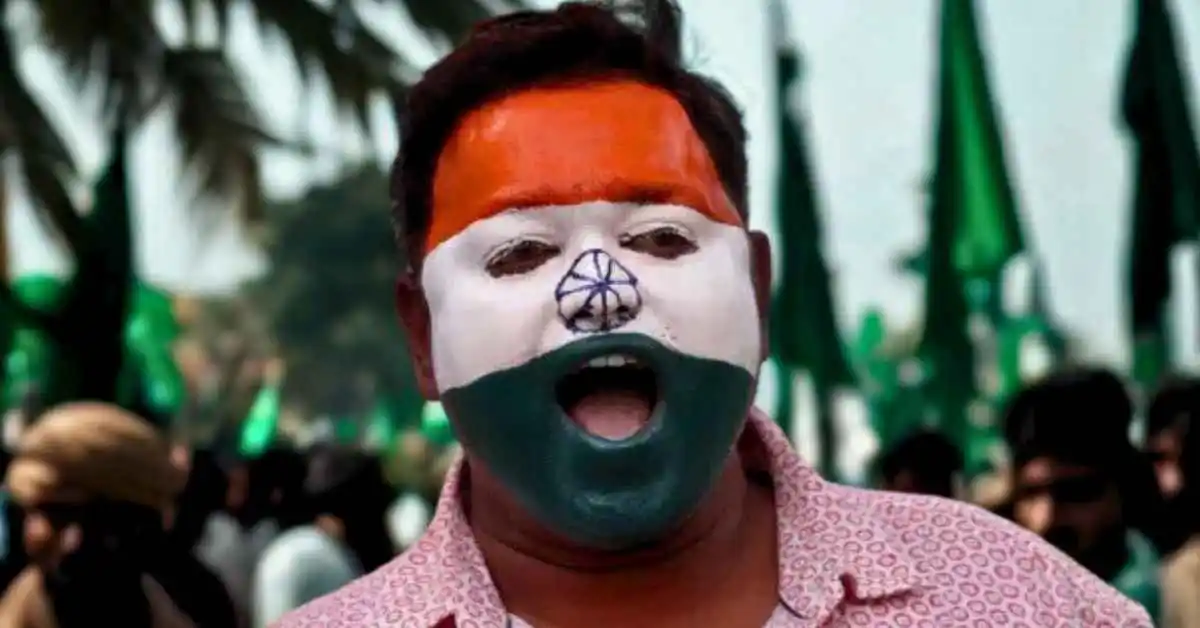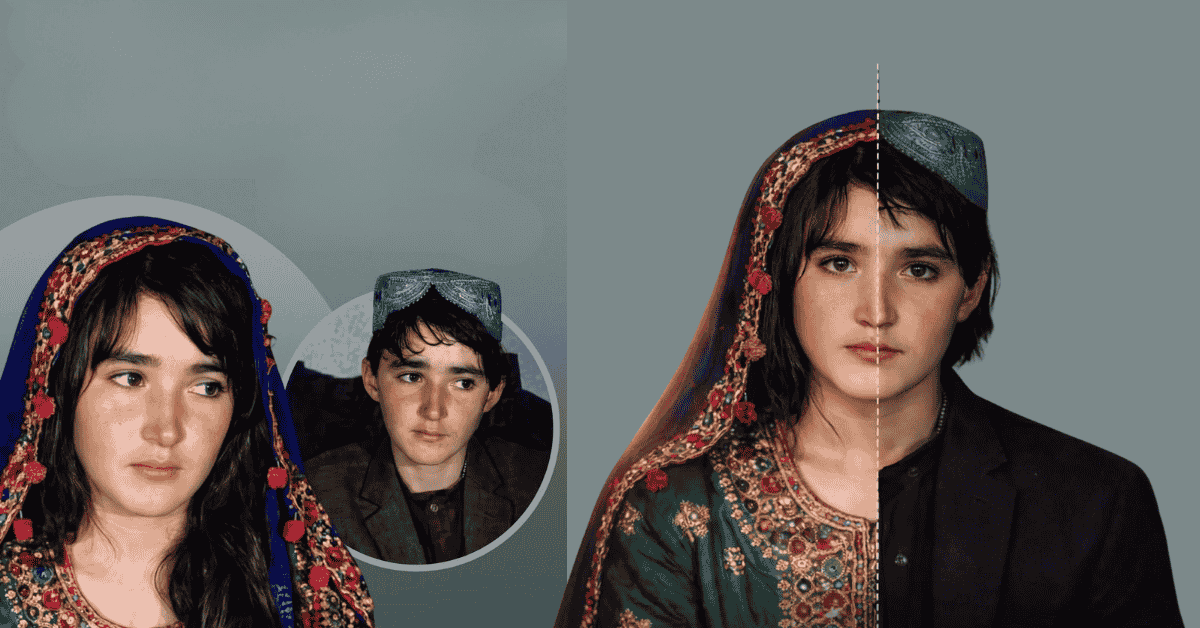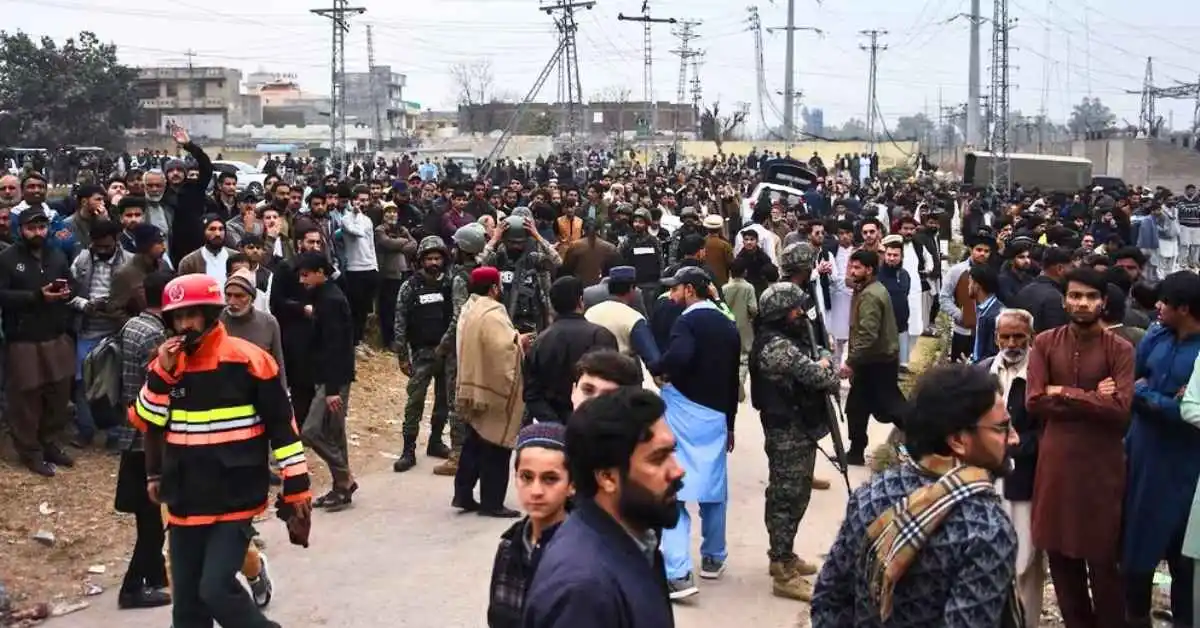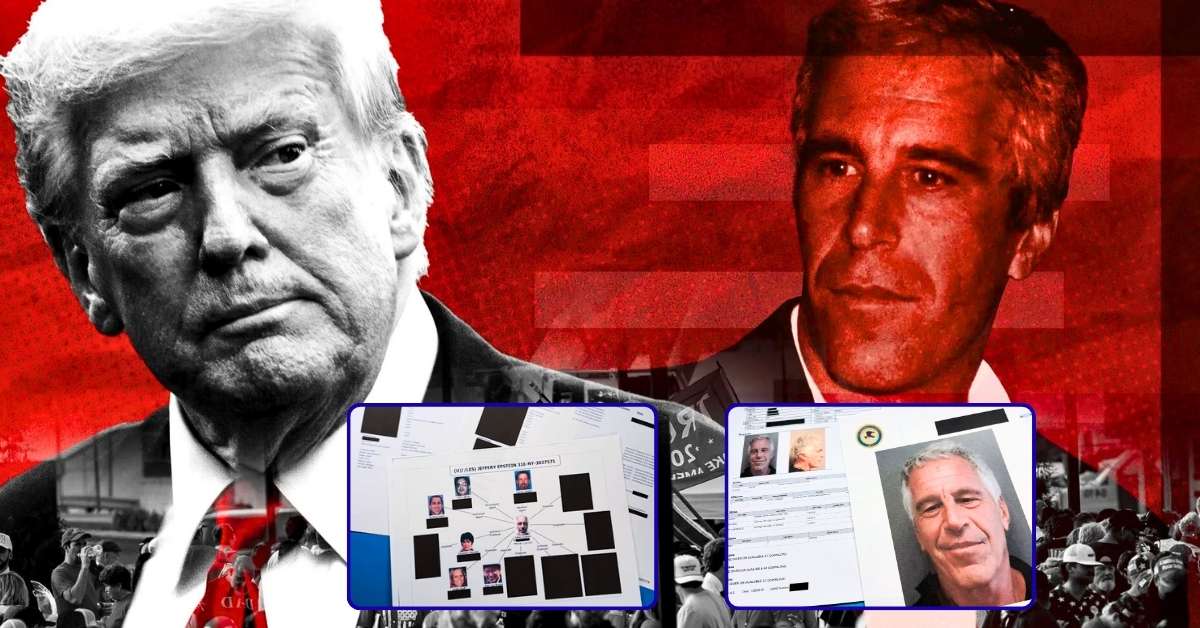The real story of Dunki is Dunkey Process Dingucha, a village 13 kilometers from Gujarat’s capital, Gandhinagar. Its population is roughly 3000 people, yet more than half of the houses are abandoned and closed.
Approximately 1,800 villagers have relocated, leaving their village and the Country. “They couldn’t get jobs; it’d be better abroad.” “If we don’t go to America, our children will have a rough life here.”
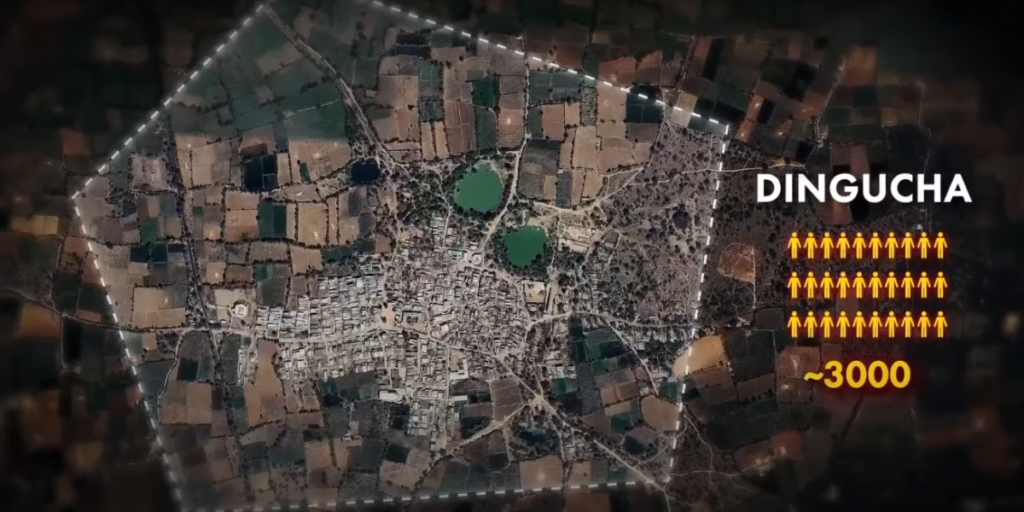
Such placards can be found throughout Dingucha. ‘Study in the United Kingdom or Canada‘ ‘Free Application’ ‘Offer Letter in 3 Days‘ The most widely promoted item in this village is a visa to the United States or Canada. Many advertisements claim to offer a visa without requiring any exams.
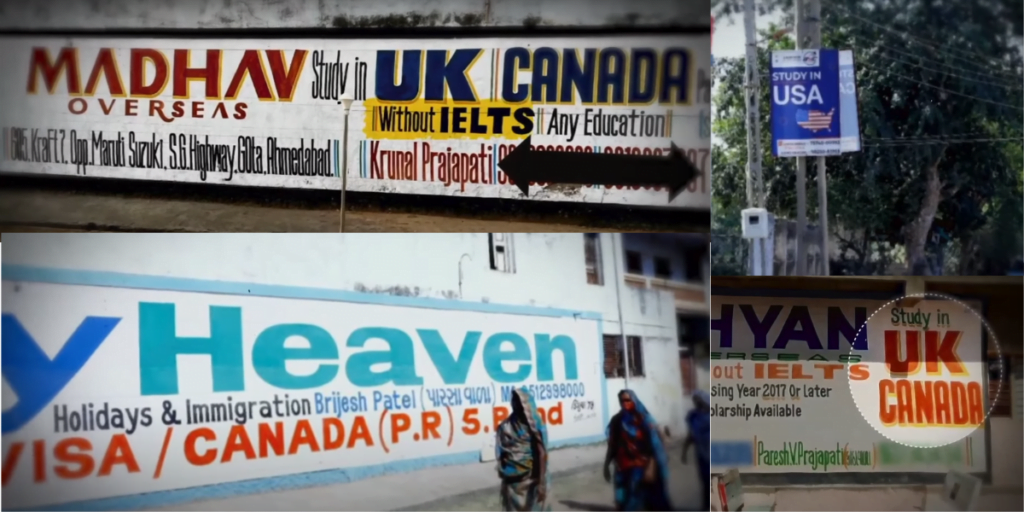
The Patel Family’s Tragic Story
When a family in Dingucha saw their fellow villagers leave for America in January 2022, they decided to join them. Jagdish Patel, 39, his wife, and their two children boarded a plane bound for Canada. Jagdish had been a teacher in the hamlet before assisting his brother with his textile business. However, he could only earn between $9,000 and $10,000 each month.
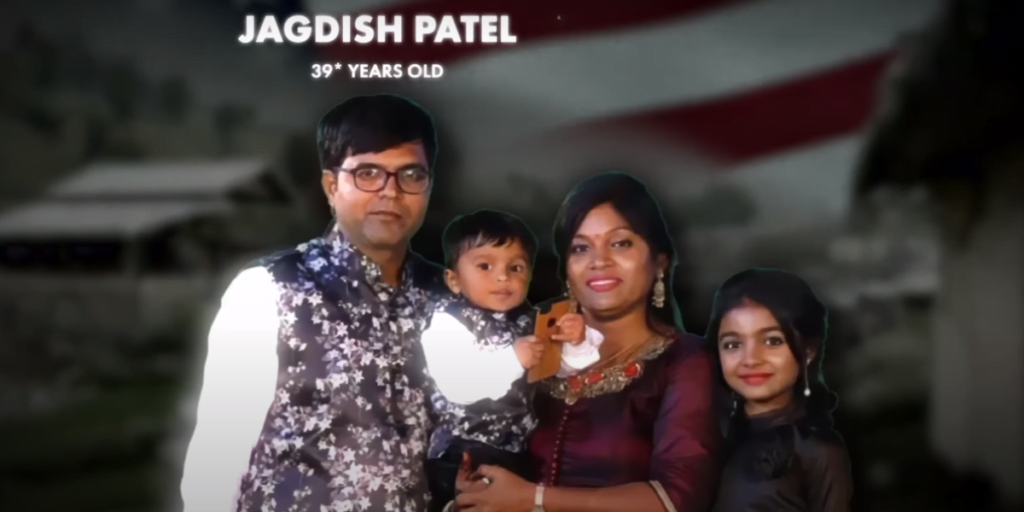
Poverty and unemployment drove them to this conclusion. The Patel family raised $6.5 million to hire an agent to transport them to America via the ‘donkey method.’ His wife, Vaishali Ben, wished to work in a beauty boutique in America. And Jagdish desired a better education for his children.
They left their village with these hopes. The Patels flew to Toronto on 12 January. The ‘donkey process’ involved the agent dumping them near the US-Canada border, where they were expected to walk the rest of the way, illegally crossing the American border. Tragically, the family’s lifeless bodies were discovered by police just 12 meters from the border, less than a week after they arrived in Toronto.
The harsh reality of the frigid weather killed the family of four. Perhaps they were unaware they would have to cross the border in temperatures as low as -35°C, resulting in a tragic ending to their narrative. But Jagdish’s family was not the only one to perish.
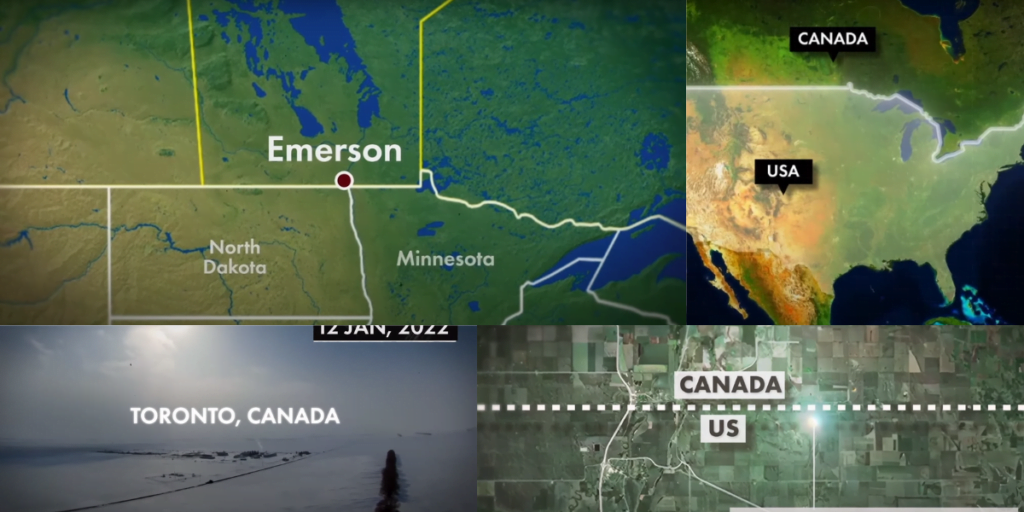
After arriving in Toronto on 12 January, they traveled to Manitoba, Canada, which is approximately 2,100 kilometers away. A week later, as shown on this map, they were dumped near Emerson, a small town. On the Canadian side of the border, near North Dakota and Minnesota.
There was no evidence of a car nearby when their remains were discovered, indicating that they had been walking for a long time. On the day their deaths were found, a 47-year-old US citizen called Steve Shand was detained in Canada, 8 kilometers from Emerson. He was driving a 15-seater van carrying two Gujaratis.
Five more Gujaratis were later discovered 400 meters into American territory. When they were apprehended, they claimed to have been trekking for 11 hours. One of these five people carried a rucksack containing diapers, toys, and children’s clothing.
They said it was not in their bag. They claimed that four other people with them became separated along the route. That family owned the bag. Despite the botched attempt, at least seven people survived. Later, they and the American citizen were arrested by American authorities.
The Real Story Of Dunki & The Donkey Process
But Jagdish’s family was not the only one to perish. Thousands of Indians attempt to illegally enter countries such as the United States and the United Kingdom each year. Making use of the ‘donkey procedure’, unfortunately, many people are killed while attempting this. This is why the United States-Mexico border is known as the world’s most dangerous.
Rajkumar Hirani and Shah Rukh Khan
A new film, Dunki, directed by Rajkumar Hirani and starring Shah Rukh Khan, sheds light on this subject. Let us take this opportunity to gain a better understanding of this procedure. ” The ‘donkey fly‘ or ‘donkey process’ refers to entering a nation without a legitimate visa. Initially, this word was primarily associated with the United Kingdom, where many Indians migrated in this manner.
First, they traveled to Europe’s Schengen zone, a grouping of 27 European countries where only the Schengen visa is necessary. Anyone with a Schengen visa can enter any of these countries.
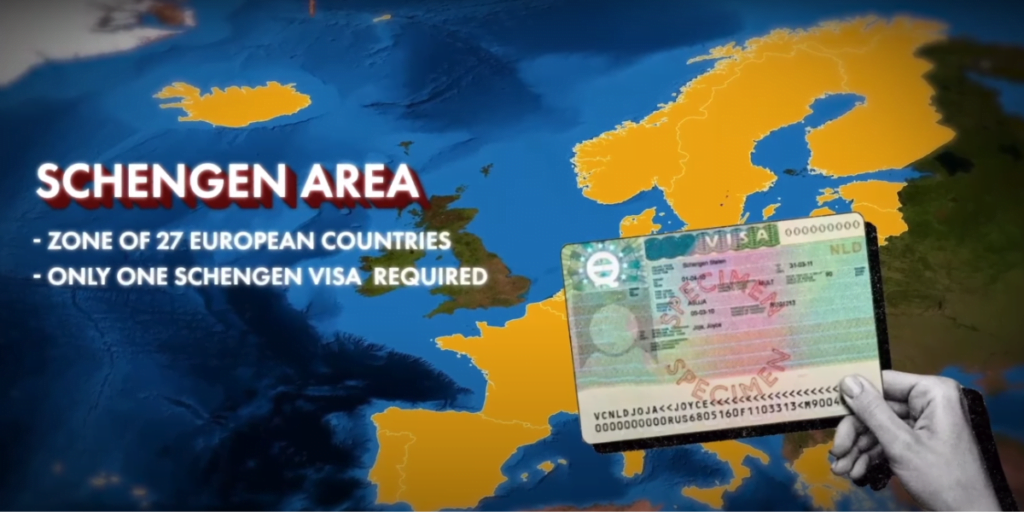
Although the UK was not a member of the Schengen zone, its proximity to Europe permitted people to travel to the UK via different routes, including by truck, vehicle, or even on foot. According to Migration Policy Institute data, even a decade ago, approximately 150 Indians were deported from the UK every month. However, the ‘donkey procedure’ has evolved to include various backdoor entries, with a preference for entering the US rather than the UK.
Many visa agencies and companies in India facilitate this procedure, with agents responsible for transporting passengers known as ‘bonkers.’ Gujarat and Punjab are two Indian states well-known for being the leading exporters of illegal immigrants. However, since unemployment has increased recently, Haryana has entered the competitive job market.
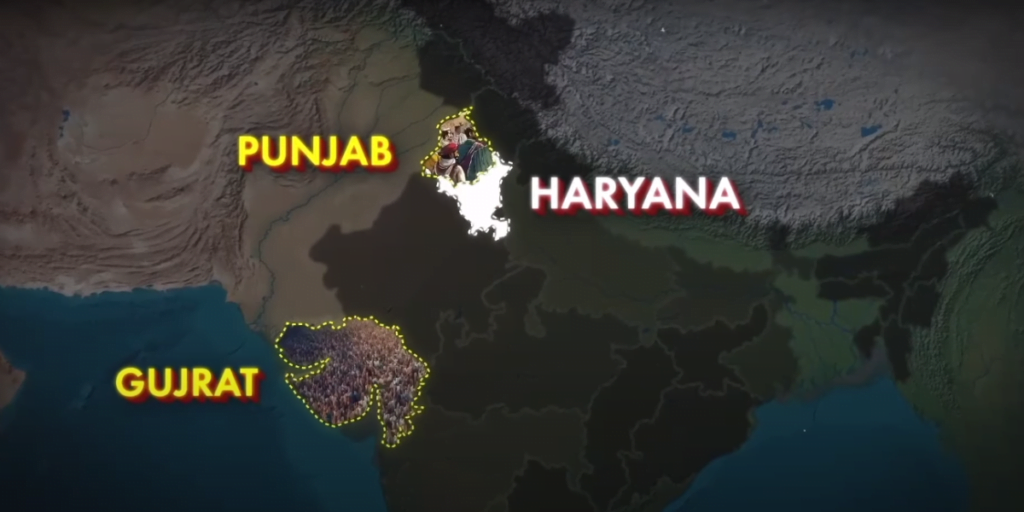
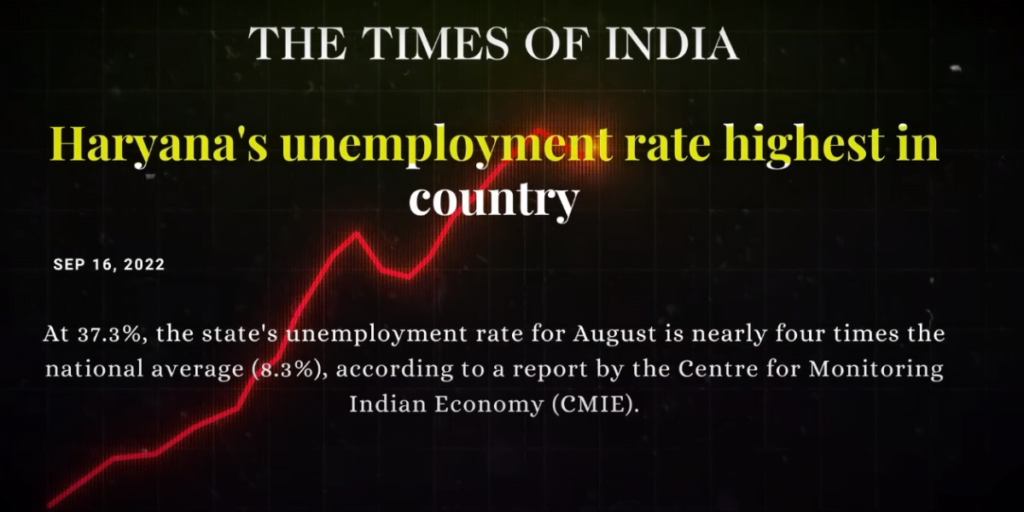
These agencies charge different fees for their services depending on the package selected. I’m not kidding; they offer various packages, including a deluxe vacation package with forged documents, travel support, and more affordable options.
For people on a tight budget, agencies may drop them near the border and leave them to finish the journey on foot. Depending on the package chosen, these organizations can charge anything from $2.5 million to $6 million.
Individuals who fall victim to these companies are either unaware that ordinary visa fees are typically not this high, or they are those who fail to obtain a regular visa. They may fail to meet specific standards for obtaining a visa, leading them to believe they have no choice but to make these payments. Regular visa applications are avoided due to the illegal nature of this process. Unfortunately, people must often sell their farms and homes or deplete their savings to obtain these significant benefits.
These agencies and companies must bear some blame and accountability because they frequently mislead individuals with misleading promises. They promise recruits a smooth voyage to America and numerous job prospects, neatly obscuring the hardships and legal hurdles that await them. Many people who are unaware of these issues are easily duped. These businesses capitalize on the information gap.
Reasons For Choosing The Donkey Process
There are three main reasons
- Economic Opportunities.
- Rising unemployment in the Country.
- Political Persecution.
Asylum and Immigration Process
The United Nations Refugee Agency defines asylum as a type of protection. When someone seeks refuge in a Country, the government agrees to protect them, allowing the individual to live there despite facing danger in their own Country. This threat could be political, with someone facing harm or even death. It could also include religious or racial prejudice.
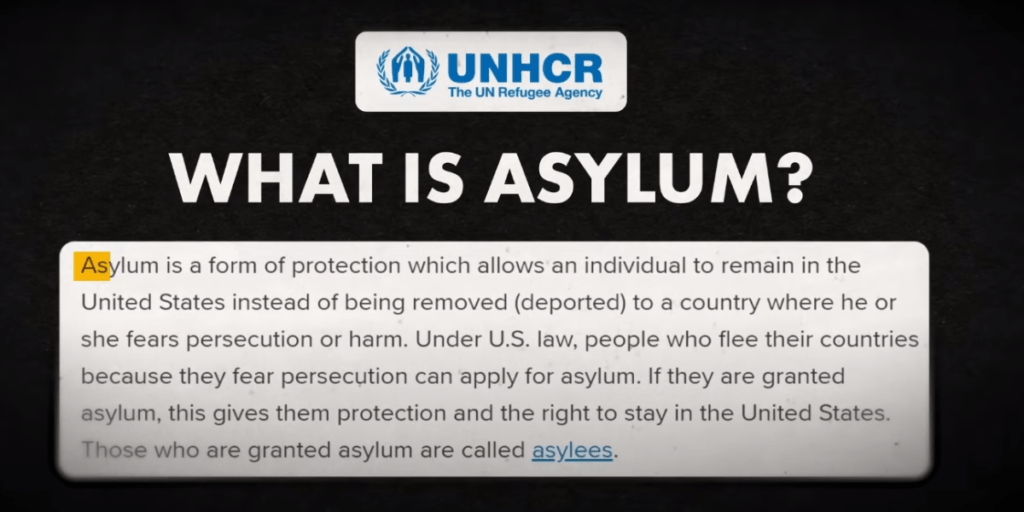
Individuals who utilize the ‘donkey path’ frequently approach the Border Patrol and claim to be seeking refuge. There are approximately 5 or 6 types of persecution, including religious persecution (discrimination against an individual because of their religious beliefs), criminal persecution (crimes committed against them), and political persecution (threats against a person because of their political convictions). If someone’s ethnic or regional identity is in jeopardy, another type of persecution is caste-based persecution, in which a person is oppressed because of their caste. Or the persecution of a social group. If there is violence against the social group to which you belong, Women, for example, or the LGBT+ group.
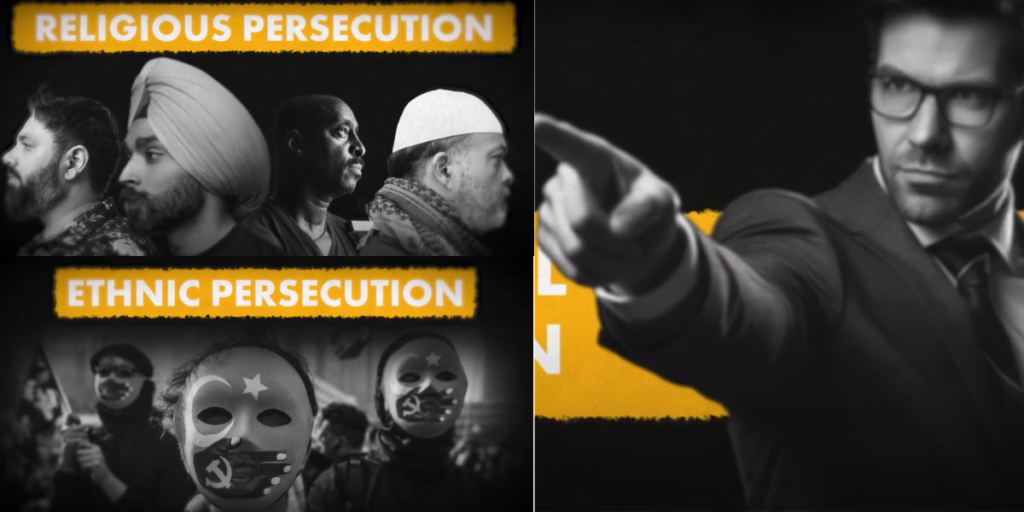
Technically, there could be numerous explanations. While those who enter the Country illegally may use any of these reasons, an immigration judge must decide whether these claims are valid or justified. Individuals who cross the border and seek asylum must submit their case in immigration court, providing reasons and supporting evidence.
It is critical to demonstrate in court that the allegations presented are accurate. Many people, understandably, may lie to conceal their true motivations. Either of the two reasons I mentioned earlier. Individuals face deportation in such circumstances, notwithstanding the millions they have already spent.
Being detected lying could result in a ban that prevents future legal travel to America. It is crucial to recognize that some people face circumstances that force them to take the ‘donkey flight.’ Consider the case of Jashanpreet Singh of Jalandhar.
Jashan, a 24-year-old openly gay guy residing in Jalandhar, is highlighted in this story. He was subjected to regular discrimination and harassment by neighbors and strangers. Things got so bad that one day, he was physically attacked instead of just verbally abused.
He recalls being ambushed by a group of 15–20 individuals who were attempting to kill him. As a result, one of his hands was mutilated. He pondered relocating to another city in India. He was fearful because Indian culture is not very accepting of LGBT+ issues.
He eventually took the ‘donkey path‘ through Turkey and France to reach the Mexican border and enter America. After crossing the border, Jashanpreet requested asylum, which he was granted. The question is, why did you choose the ‘donkey route’? The simple explanation is that refuge is only given to those physically present in the Country. To be eligible for asylum in the United States, one must be physically present on American soil.
However, such cases are uncommon, and it is essential to remember that economic migration does not qualify as asylum. Individuals seeking asylum may face months or even years of inquiry, including possible mistreatment or torture. Processing asylum claims can take years, and even if you’ve been in America for years, they may decide that you lied, putting you at risk of deportation.
It’s also crucial to note that when people cross the border, they aren’t immediately taken to immigration court. Instead, they are first placed in detention centers, where they are subjected to inhumane living circumstances.
There are detention camps where many people are crammed into a small room. And they must remain there for weeks or months until the authorities summon them. The police officers are pleasant. Yes, the officers. They take good care of you here. But, as I have stated, you are trapped inside. You are not liberated. You’re feeling down.









